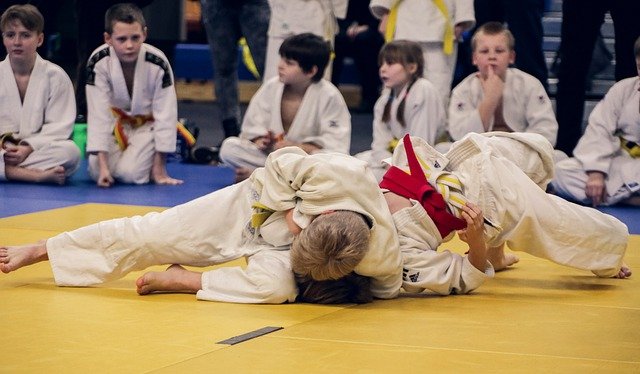
In a new study, researchers found that Judo may be just the right sport to increase the physical activity level among children with autism and holds promise for reducing sedentary behavior, which is linked to obesity and diabetes.
The study found increases in moderate to vigorous physical activity among participants during and beyond the study period and a reduction of sedentary time.
The 14 children in the study were eager to continue judo lessons beyond the scope of the study and the few who did not continue failed to do so because of scheduling or transportation problems, rather than lack of interest.
Parents also reported their children were more comfortable with social interaction and physical contact, things children diagnosed with autism struggle with in most cases.
The research was conducted by a team from the University of Central Florida.
karate, a form of martial arts, has documented benefits for the autism population related to social interaction.
In the study, the team hypothesized that the emphasis on mindfulness and self-defense promoted by judo would provide additional benefits for youth with autism
They found that judo not only promotes social skills but is well accepted by this population and is a great program for reducing sedentary behavior and increasing confidence.
The team says judo might be a good fit because its approach holds promise for addressing some of the challenges these children face, including communication deficits, high levels of anxiety, difficulties with social interaction, and preferences for structured and repetitive activities.
Judo promotes social interaction, emphasizes mindfulness, and focuses on balance, strength, and coordination while alternating between low, moderate, and high-intensity exercise.
The lead author of the study is Jeanette Garcia, an assistant professor in the College of Health Professions and Sciences.
The study is published in the Journal of Autism and Developmental Disorders.
Copyright © 2019 Knowridge Science Report. All rights reserved.



